“2046 Movie Quotes” is the ultimate companion for film enthusiasts, providing an exhilarating collection of memorable lines from a variety of movies. From timeless classics to contemporary masterpieces, this product offers a treasure trove of iconic quotes that will transport you back to your favorite cinematic moments. Immerse yourself in the captivating plots and get to know the unforgettable characters as you browse through this compilation of movie quotes. With “2046 Movie Quotes,” you can relive the magic and power of these films, one line at a time.
Plot
Main storyline
The main storyline of “2046” revolves around a writer named Mr. Chow who finds himself trapped in a world of unrequited love and longing. He frequents a hotel room, numbered 2046, where he writes a science fiction story set in the year 2046, a place where people go to recapture lost memories. As he immerses himself in his writing, he becomes entangled with various women who mirror his yearning for the past and his inability to move on. The main focus of the plot is on Mr. Chow’s journey of self-discovery and his search for emotional fulfillment.
Subplots
Within the overall narrative, “2046” weaves in several subplots that add depth and complexity to the film. One of these subplots revolves around Su Lizhen, a woman Mr. Chow meets in room 2046. Su Lizhen is torn between her feelings for Mr. Chow and her relationship with a Japanese man named Tak. Their forbidden love affair becomes a recurring theme throughout the film, as Mr. Chow explores the concept of love and its consequences.
Another subplot involves Bai Ling, a mysterious woman who moves into Mr. Chow’s apartment building. She captures his attention with her beauty and enigmatic personality, leading to a passionate yet fleeting romance that leaves Mr. Chow heartbroken. The relationship between Bai Ling and Mr. Chow serves as an exploration of the transient nature of love and the pain of letting go.
Lastly, there is Wang Jingwen, a woman Mr. Chow meets on a train. Their encounters are brief but impactful, as they share moments of connection and understanding. However, the timing is never right for them, and they are unable to fully pursue their feelings for each other. Wang Jingwen’s character represents the yearning for missed opportunities and the potential paths that could have been taken.
Characters
Mr. Chow
Mr. Chow is a complex and brooding character who serves as the film’s protagonist. He is a writer who struggles with the pain of unrequited love and clings to the memories of past relationships. Mr. Chow is haunted by the past and finds solace in his writing, using it as an escape from his own emotions. Throughout the film, he goes through a transformative journey, exploring different relationships and confronting his own insecurities and fears.
Su Lizhen
Su Lizhen is a woman who captivates Mr. Chow with her beauty and charm. She is involved in a complicated love triangle between Mr. Chow and her Japanese boyfriend, Tak. Su Lizhen represents the forbidden love and the emotional turmoil arising from societal expectations and cultural barriers. Her character adds a layer of intensity and longing to the film.
Bai Ling
Bai Ling is a seductive and enigmatic woman who captures Mr. Chow’s attention. She is a symbol of passion and desire, but also represents the fleeting nature of love. Bai Ling’s character embodies the idea that love can be intense and intoxicating, but it can also leave scars and emotional wounds.
Wang Jingwen
Wang Jingwen is a woman Mr. Chow meets on a train and sparks an instant connection with. She is a symbol of missed opportunities and the potential for a different future. Wang Jingwen’s character serves as a reminder of how timing plays a crucial role in relationships and how the choices we make can shape our lives.
Love and Longing
Unrequited love
“2046” delves deeply into the theme of unrequited love, with Mr. Chow being the central character experiencing this pain. Throughout the film, he yearns for the affection and attention of the women he encounters, but his feelings are often unreciprocated. This unrequited love serves as a catalyst for his personal growth and self-reflection, highlighting the universal struggle of longing for someone who can never truly be ours.
Forbidden love
Forbidden love is another prominent theme explored in “2046.” The relationships between Mr. Chow and both Su Lizhen and Bai Ling are marked by societal constraints and cultural boundaries. Their love is deemed unacceptable or impossible due to external conditions, amplifying the intensity of their emotions and the sense of longing. The film challenges conventional notions of love and asks the audience to contemplate the consequences of pursuing forbidden connections.
Yearning for the past
The protagonists in “2046” are all plagued by a deep yearning for the past. Mr. Chow, Su Lizhen, Bai Ling, and Wang Jingwen all carry emotional baggage from previous relationships, and their interactions with each other are colored by these unresolved feelings. The film explores how nostalgia can simultaneously provide comfort and pain, as characters wrestle with memories and struggle to move forward.
Time and Space
Temporal setting
“2046” primarily takes place in the year 1966, although it also incorporates elements set in the future, specifically the year 2046. The temporal setting of the film serves as a reflection of Mr. Chow’s state of mind. The year 1966 represents the past and the unchangeable memories that have shaped him, while 2046 symbolizes the future and the possibility of redemption or closure. The interplay between these two time periods reinforces the film’s exploration of love, longing, and the passage of time.
Parallel dimensions
In addition to the temporal setting, “2046” introduces the concept of parallel dimensions. In the sci-fi story Mr. Chow writes, room 2046 serves as a gateway to another dimension, where people can relive their past memories. This parallel dimension represents a metaphorical space where characters can confront their emotions and explore alternate realities. The inclusion of parallel dimensions adds a layer of surrealism and fantasy to the storyline, further enhancing the film’s exploration of love and longing.
Emotional Themes
Loneliness
Loneliness permeates the narrative of “2046,” with the characters grappling with a sense of isolation and longing. Mr. Chow, in particular, is plagued by a deep loneliness that he seeks to escape through his writing and brief encounters with various women. The film explores the universal human yearning for connection and the profound impact that loneliness can have on one’s emotional state.
Heartbreak
Heartbreak is a recurring emotional theme in “2046,” as the characters navigate the pain of failed relationships and unfulfilled desires. Mr. Chow, Su Lizhen, Bai Ling, and Wang Jingwen all experience heartbreak in various forms, leaving them emotionally scarred and hesitant to fully engage in new relationships. The film portrays heartbreak as a transformative experience, shaping the characters’ perspectives on love and the fragility of human connections.
Hope
Amidst the prevailing themes of loneliness and heartbreak, “2046” also offers glimpses of hope and resilience. Despite the characters’ emotional turmoil, they continue to yearn for love and connection, illustrating the inherent optimism in the human spirit. Mr. Chow’s writing serves as an outlet for hope, allowing him to channel his emotions and find solace in the possibility of a brighter future. The film suggests that even in the depths of despair, hope can be found.
Existential Questions
What is love?
“2046” poses the existential question of what love truly is. Through the multiple relationships and emotional entanglements portrayed in the film, the characters grapple with the nature of love and its transformative power. The film challenges traditional notions of love, highlighting its complexity, fluidity, and ability to elicit both joy and pain. By examining the different facets of love, “2046” invites the audience to contemplate their own understanding of this universal emotion.
Can we change our fate?
Another existential question raised in “2046” is whether we have the ability to change our fate. The characters in the film are all bound by past experiences and lingering emotions, leading them to question if they can break free from the cycle of heartbreak and loneliness. The film suggests that while the past cannot be altered, individuals have the power to shape their future through self-reflection, personal growth, and the choices they make. It encourages a thoughtful exploration of personal agency and the potential for transformation.
Artistic Elements
Cinematography
“2046” is renowned for its visually stunning cinematography, with director Wong Kar-wai utilizing rich and vibrant colors, striking compositions, and evocative camera movements to create a visually immersive experience. The film juxtaposes lush, warm hues with shadows and darkness, mirroring the emotional landscapes of the characters. The cinematography captures the nuances of love, longing, and isolation, enhancing the storytelling and evoking a strong emotional response from the audience.
Symbolism
Symbolism plays a significant role in “2046,” contributing to the film’s multi-layered narrative. The recurring motif of the number 2046, the room where Mr. Chow seeks solace, represents a literal and metaphorical space where past memories are preserved. It serves as a symbol of longing, nostalgia, and the unattainable. Additionally, the film employs various symbolisms, such as clocks, mirrors, and trains, to convey themes of time, self-reflection, and missed opportunities. These symbolic elements add depth and meaning to the storytelling, inviting viewers to interpret the film on a deeper level.
Soundtrack
The soundtrack of “2046” is an integral part of the film’s artistic appeal. Composed by Shigeru Umebayashi, the music beautifully complements the visuals and enhances the emotional depth of the narrative. The evocative melodies, infused with Eastern and Western influences, create an atmospheric backdrop for the characters’ yearning and introspection. The soundtrack features both original compositions and existing songs, effectively capturing the tone and mood of the film.
Influence and Legacy
Impact on Asian cinema
“2046” has had a significant impact on Asian cinema, both in terms of its artistic style and thematic exploration. Director Wong Kar-wai’s distinct visual aesthetic and introspective storytelling have influenced a new generation of filmmakers in Asia. The film’s examination of love, longing, and the human condition has inspired numerous subsequent works that delve into similar emotional landscapes. “2046” stands as a testament to the power of Asian cinema to resonate with international audiences and push artistic boundaries.
Influence on other filmmakers
Beyond its impact on Asian cinema, “2046” has also influenced filmmakers worldwide with its unique narrative structure and visual storytelling techniques. The film’s exploration of love, time, and memory has inspired directors and writers to delve into similar philosophical and emotional themes. The poetic and introspective nature of “2046” has left a lasting impression on the cinematic landscape, ensuring its place as a revered and influential work.
Critical Reception
Awards and nominations
“2046” garnered critical acclaim upon its release, receiving numerous awards and nominations. It received the Best Director award at the 2004 Cannes Film Festival and was nominated for the Golden Palm. The film also received accolades from various international film festivals, recognizing its artistic merits, cinematography, and performances.
Critical analysis
Critics praised “2046” for its stunning visuals and evocative storytelling. The film’s exploration of love, longing, and the passage of time resonated with audiences and critics alike, prompting thoughtful analysis of its themes and artistic choices. Some critics highlighted the film’s intricate narrative structure, while others delved into its existential questions and philosophical musings. Overall, “2046” was celebrated for its ability to evoke deep emotions and provoke introspection.
Significance of Quotes
Themes conveyed
Several quotes from “2046” encapsulate the film’s central themes. For instance, the quote “Feelings can creep up just like that. I thought I’d forgotten her. But I can never forget what I’ve already forgotten” reflects the enduring power of memories and the impact they have on one’s emotions.
The quote “Love is all a matter of timing. It’s no good meeting the right person too soon or too late” speaks to the film’s exploration of missed opportunities and the role that timing plays in relationships.
Memorable lines
“2046” is filled with memorable lines that capture the essence of the characters and the emotional depth of the film. One such line is “I’m still looking for someone, someone who can forget the past with me.” This line reflects Mr. Chow’s yearning for a connection that transcends the pain of the past.
Another memorable quote from the film is “In the old days, if someone had a secret they didn’t want to share…you know what they did?” This line alludes to the film’s exploration of hidden emotions and the inability to fully express one’s feelings.
In conclusion, “2046” is a visually stunning and emotionally rich film that delves into the complexities of love, longing, and the human condition. Through its main storyline and subplots, the film explores themes of unrequited love, forbidden love, and the yearning for the past. With its unique temporal setting and incorporation of parallel dimensions, “2046” invites viewers to contemplate existential questions about love and the ability to change one’s fate. The film incorporates various artistic elements, such as cinematography, symbolism, and a captivating soundtrack, to enhance the storytelling and evoke a strong emotional response. Its impact on Asian cinema and influence on other filmmakers cement its status as a significant and enduring work. With critical acclaim and thought-provoking quotes, “2046” continues to resonate with audiences worldwide.








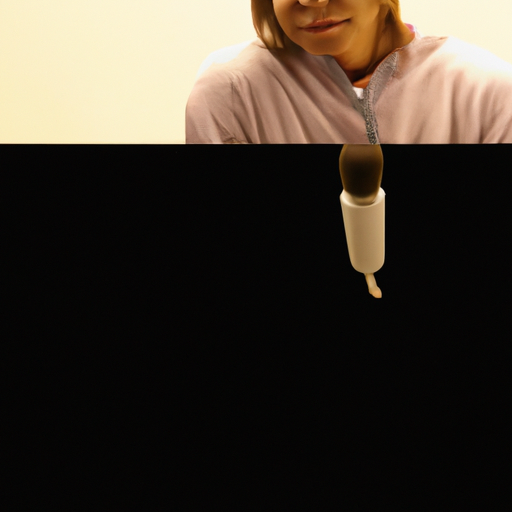


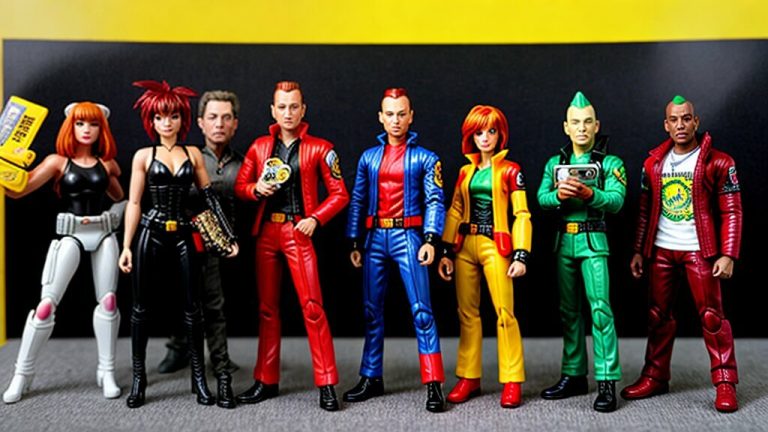
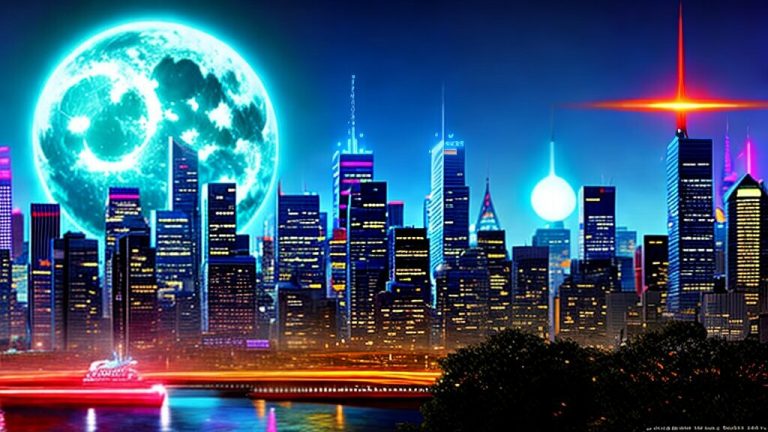
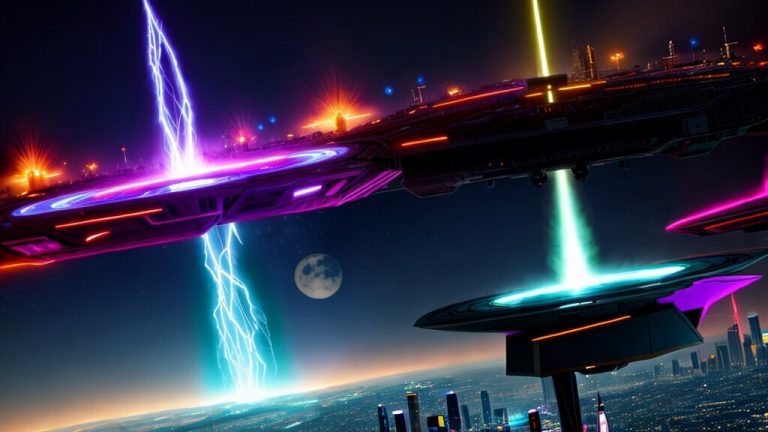
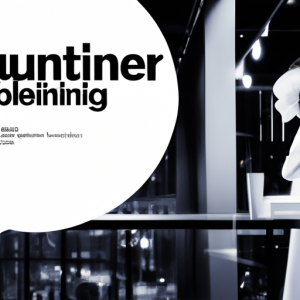
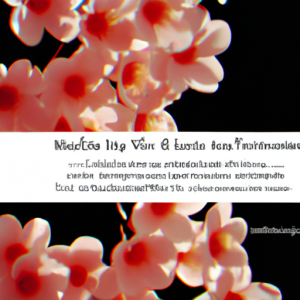
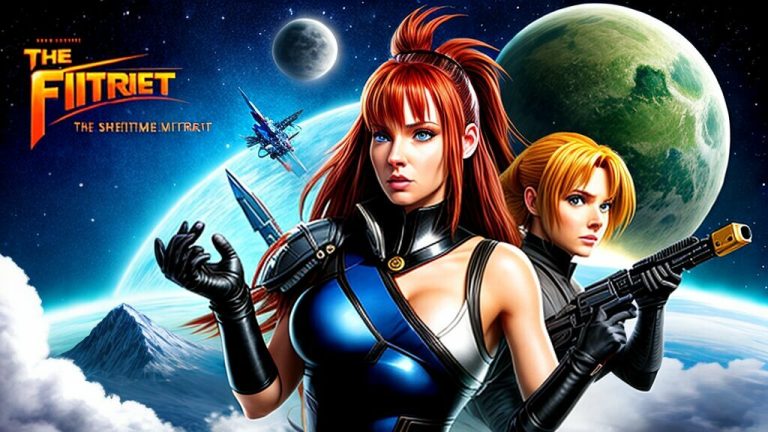
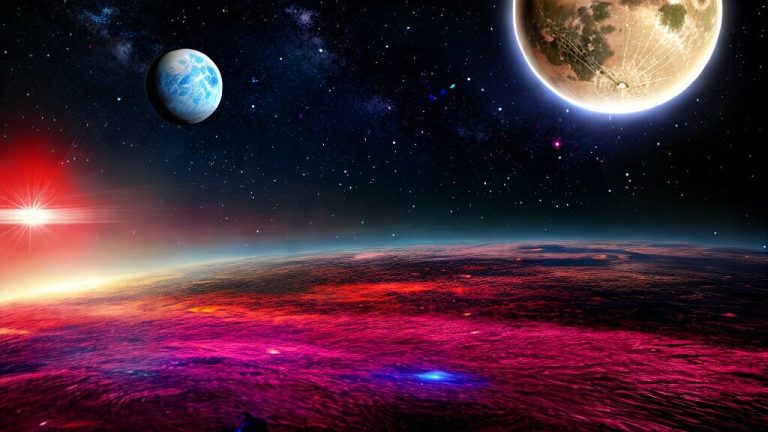

+ There are no comments
Add yours